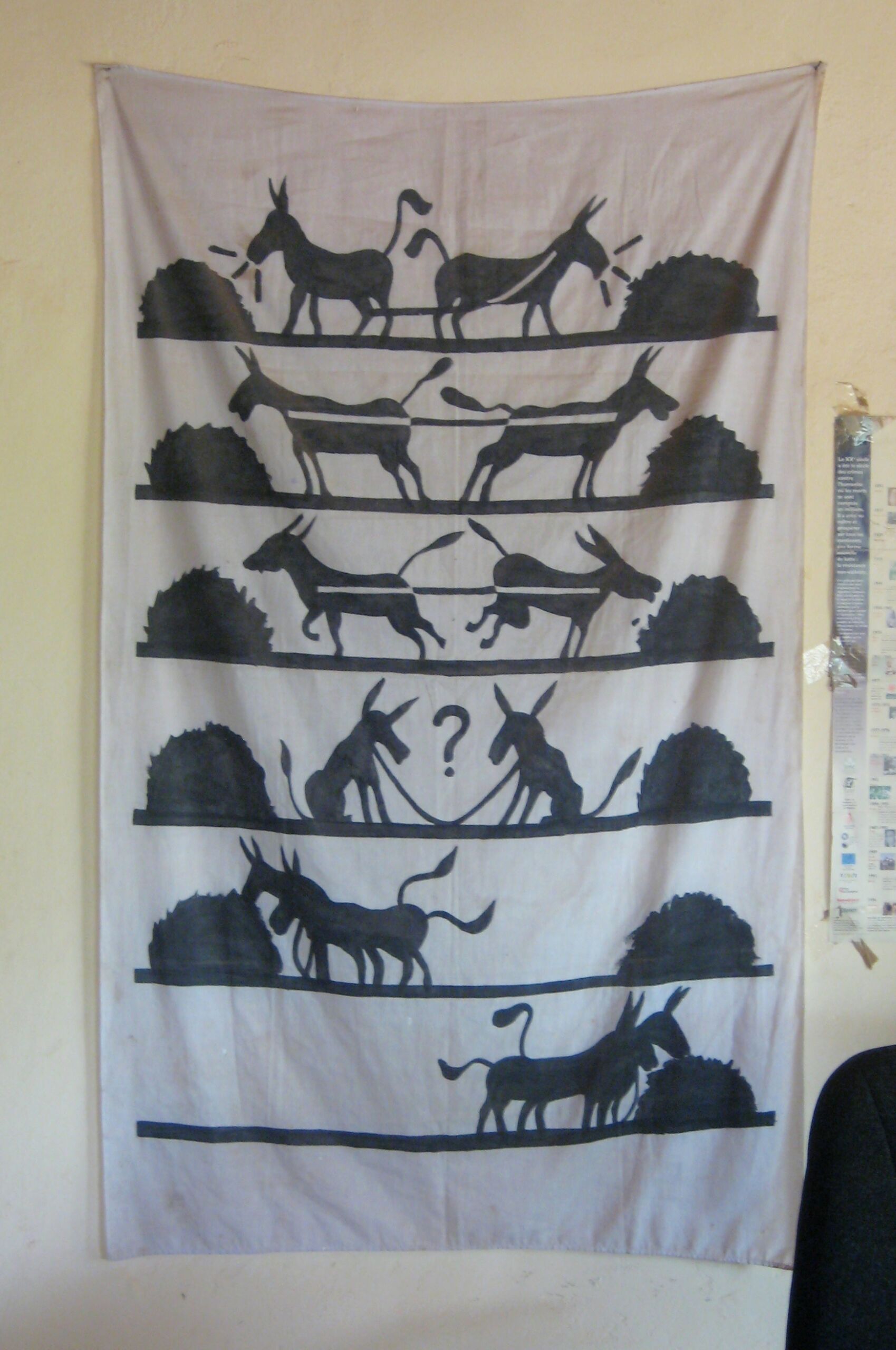The Muslim Peacebuilding Network aims to connect Muslim professionals and organizations working for peace and development through an online platform and database, relevant list-serves, quarterly newsletters and an Annual Conference on Muslim Peacebuilding, Justice and Interfaith Dialogue (MPJID).
Why is there a need for a Muslim Peacebuilding Network? Many Muslims work in their local communities and societies using innovative methods and practices of peacebuilding. However, the majority of them lack access to resources and public outreach. Contrary to its current image in the Western media, Islam embodies a vast repertoire of cultural and moral resources of peacebuilding and reconciliation. Today, there are numerous Muslim scholars, practitioners, and non-governmental organizations striving in the causes of human rights, peacebuilding, conflict resolution and development, inter alia. These experiences from around the Muslim world are rarely captured and documented. The Muslim world, and Muslim peace-building actors in particular, lack a platform to connect with one another in order to discuss and clarify Islamic attitudes towards peace and conflict resolution and develop effective conflict resolution mechanisms to address their needs and concerns including practical application within their communities. Despite the existence of other peace networks, such as the Catholics, Mennonites, Quakers, and secular professional groups, there is no particular network in which Muslim practitioners can examine and share their unique set of experiences. As a result, many of the Muslim peacebuilding practitioners work in isolation from each other. They rarely meet or connect to discuss their challenges, share lessons learned, or explore available sources to be utilized.
In response to this situation, since 2006, the Salam Institute has identified the urgent need for Muslim scholars to come together to discuss and clarify various concepts and principles that underlie the Islamic understanding of peace and how it can be effectively put into practice in addressing existing conflicts in the Muslim world (within this context, the Salam Institute has organized in partnership with other organizations four Islamic Peace Conferences (2010, 2008, 2007, 2006). In order to further this aim, the Salam Institute has initiated the Muslim Peacebuilders Network in a joint effort with other Muslim organizations, such as The Free Muslim Association, Muslim Peace Fellowship, The Center for Interfaith Studies and Dialogue, and The Islamic Society of North America during the Annual Conference of Muslim Peacebuilding, Justice, and Interfaith Dialogue (MPJID) and the Imam Conflict Resolution Training Program.
This initiative is currently in the start-up phase, with initial funding having been secured from two funders. Through the generous support of the Kindle Foundation, an online portal has been designed to act as a platform for this network interactively. The portal will be launched in late 2015.
Additionally, through the PDev II project, funded by USAID and implemented by IRD through its partners, including the Salam Institute, a regional network will be designed and launched in the near future for the Sahel region of Africa. This regional network aims to create synergies and linkages among a wide range of Islamic peacebuilders, activists, experts, educational institutions, media, and recognized scholars in the Sahel region of Africa.

